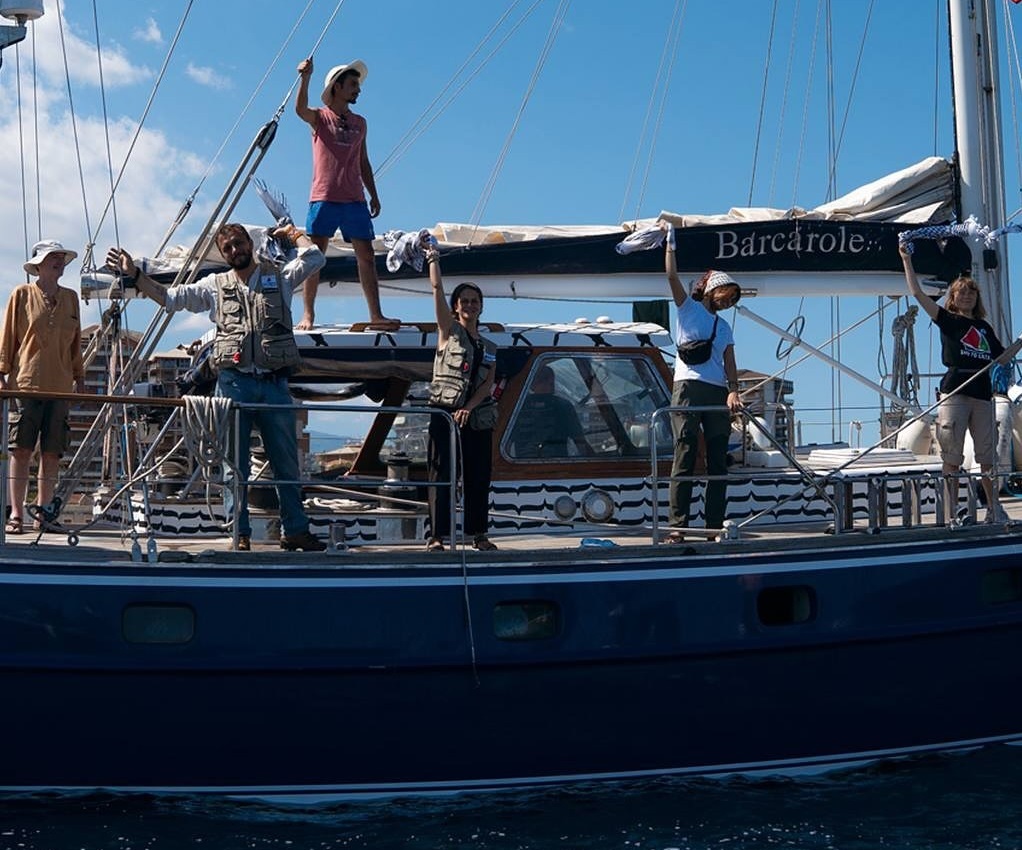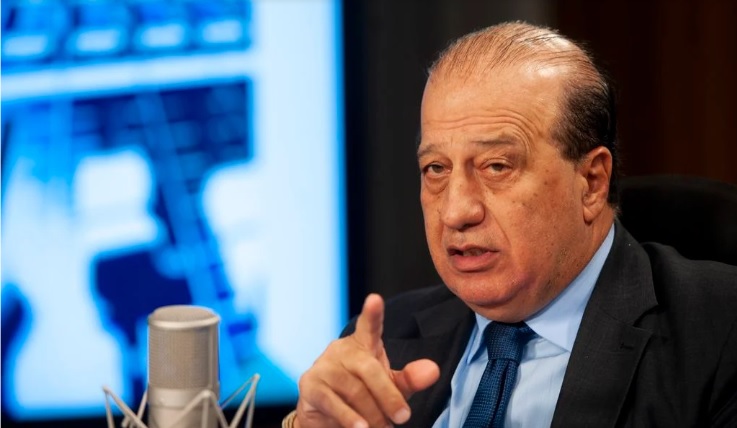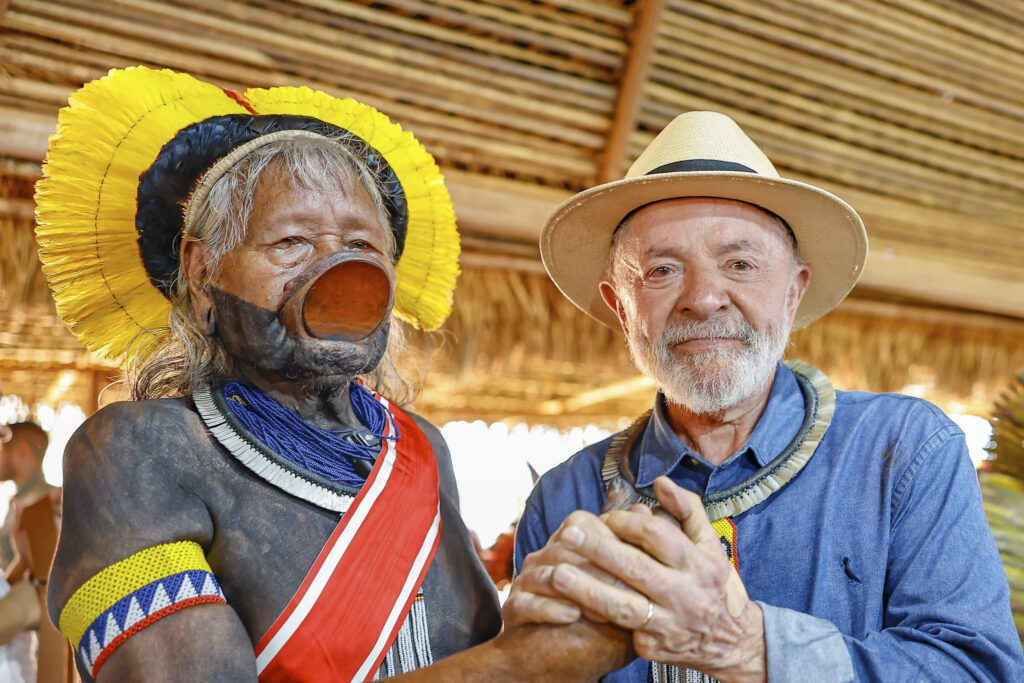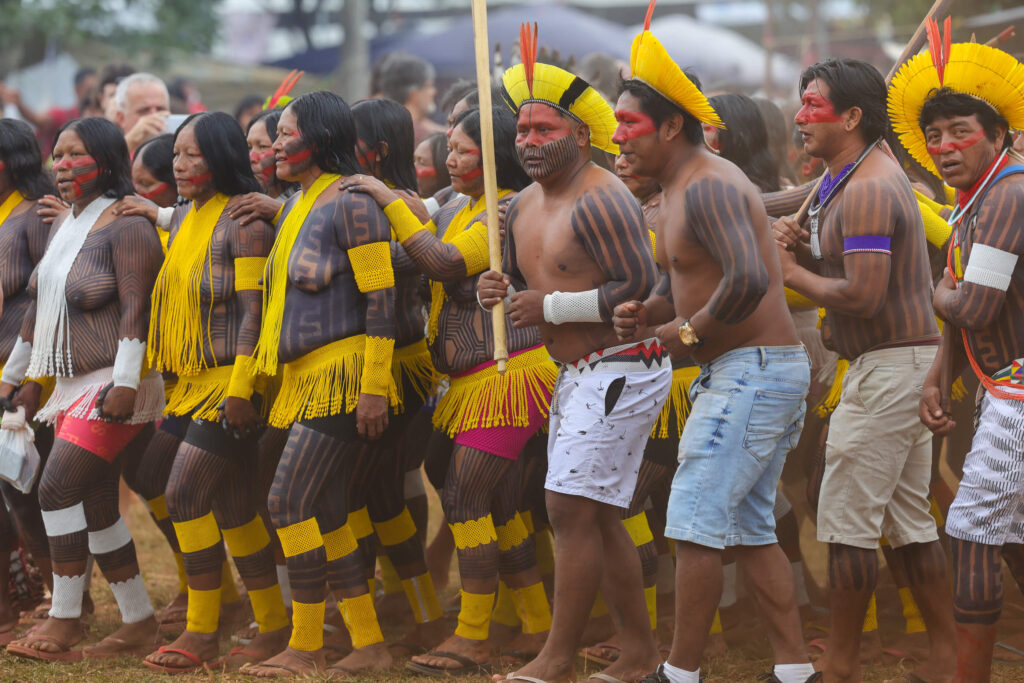Despite the fact that the Americas were allegedly declared free of measles in 2016 by the World Health Organisation, a new outbreak of the disease has developed in northern Brazil’s Amazonian region, infecting almost 500 people and prompting Manaus’ government to declare a state of emergency for 180 days.
The infectious outbreak has so far affected the populations of Manaus and Roraima, with the local government of Roraima putting the sudden epidemic down to the arrival of Venezuelan migrants.
Since June of last year, Brazil’s Ministry of Health has carried out various alterations to the healthcare budget, spending a total of almost $12 million reais on the country’s health service in order to accommodate the extra demand, reported the podcast Pausa para Saúde.
However, last year saw sporadic outbreaks of measles in Europe, with Italy and Romania being the most affected countries, who each reported around 30 deaths. Brazil’s Ministry of Health’s national vaccination coordinator, Dr. Carla Domingues, puts the Brazilian outbreaks down to the risk of people travelling without having been vaccinated to affected countries and then bringing the disease back to Brazil.
According to the Ministry of Health, despite the fact that Brazil was certified to have eliminated the disease in 2001, over 700 thousand doses of the measles vaccination have been administered across the two states, protecting patients at a rate of 97%.
However, NGO Survival International insist that the epidemic could prove fatal for the indigenous Yanomami tribe who are based along the Venezuelan border and are not protected from the disease. The NGO have called for emergency Venezuelan medical assistance, claiming the 35,000 members of the tribe are at serious risk.
Comment from Survival International director Stephen Corry was published on the NGO’s website. “When tribal people experience common diseases like measles or flu which they’ve never known before many of them die, and whole populations can be wiped out. These tribes are the most vulnerable peoples on the planet. Urgent medical care is the only thing standing between these communities and utter devastation,” he said.
This week, Roraima’s TV Globo reported that 82 cases of suspected measles have been reported this year by members of the Yanomami tribe.
Venezuelan NGO Wataniba also confirmed that they had been approached by the indigenous community for help and assistance.
The contagious illness, which can only be prevented by vaccination, was at one point considered by the World Health Organisation to be one of the principal causes of infantile death across the world.
Gisele Siqueira, a consultant of contagious diseases and Brazil’s Ministry of Health, explained the symptoms of the highly contagious virus to Pausa para Saúde. “First comes the fever, then coughing, inflammation of the mucous membrane, and conjunctivitis. It normally makes patients intolerant to light, and finally exanthem appears, which is a contagious red skin rash.”
Given that there is no treatment available for the virus once it develops, complications include seizures, respiratory infections such as pneumonia and, in the most serious of cases, infection of the brain, which can lead to death.











